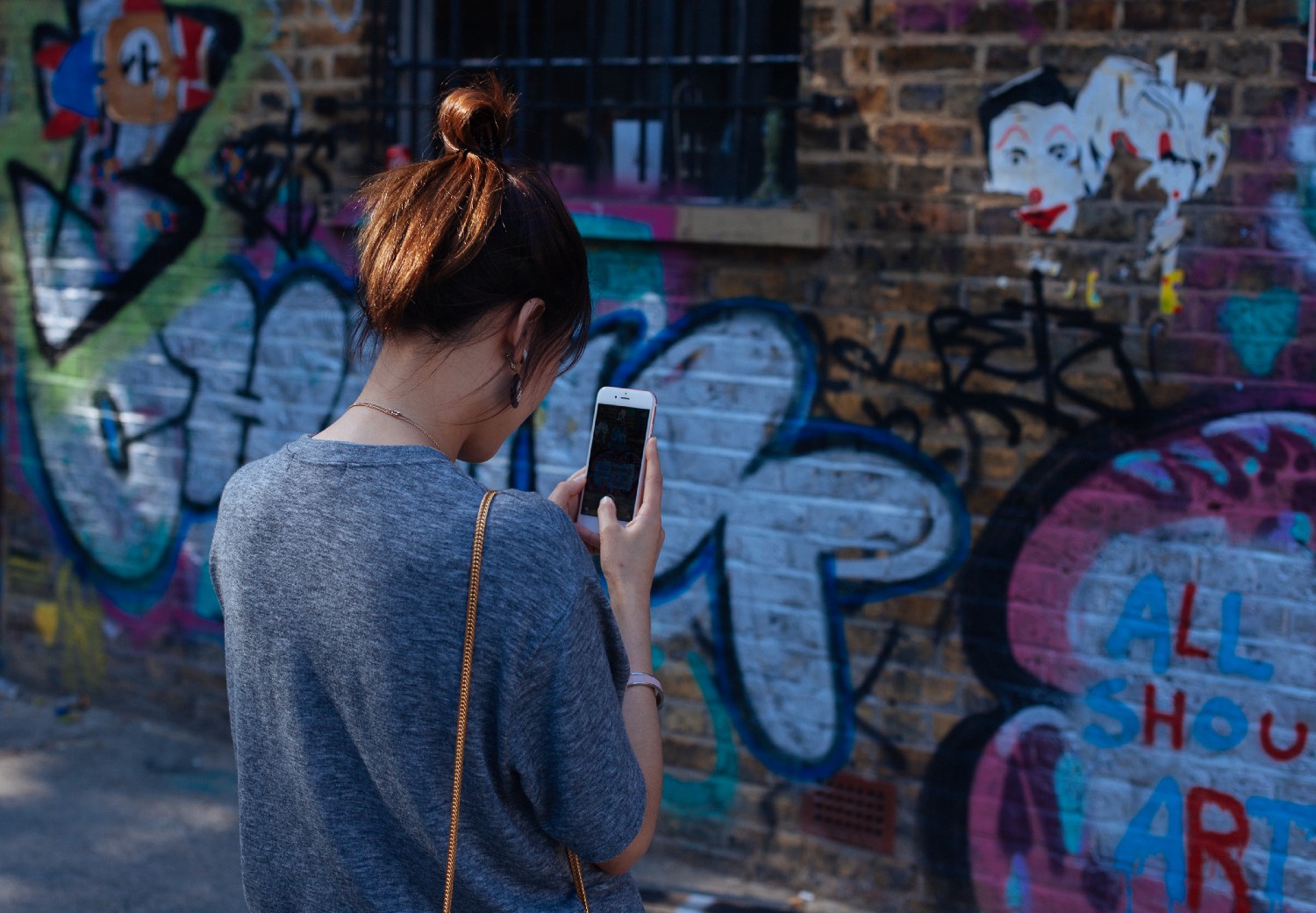People often ask me how I think human beings are changing as a result of our addiction to technology. The fact is we are changing in innumerable ways but perhaps none more profound than in our relationship with ourselves, that is, how we experience our own company.
It is paradoxical really. On the one hand, we believe that every cinnamon latte we consume is extraordinary and meaningful to others. We share every thought and feeling, imagining the world as our doting mother, celebrating every itch we scratch. And yet, despite our sense of self-importance, we, simultaneously, have lost touch with an internally generated sense of self worth or meaning.
We determine our value by the number of thumbs ups we receive on social media. We don’t feel important or likeable until our friends validate us with public “likes.” And if our Snapchats are left unopened, our self-worth can plummet into nothingness. We are on an endless rollercoaster, riding between feeling that we matter and are valuable to believing that we are worthless and unlovable, all driven by an external and often unknown audience.
In the age of technology, we dread being with “just” ourselves. We consider time spent in our own company as time to kill or be avoided at all cost. The few moments at the end of the day when all the devices are finally off (if they are off) and the distractions are gone (if they are gone), are viewed as at best, boring and at worst, frightening. To be left alone with just ourselves is to be left in a vacuum, with nothing to do and nowhere to be.
We experience ourselves as empty, something that needs to be filled up and supplemented with entertainment, information, or contents of any kind. We need to have an object of our attention, something to play with, in order to feel that we even exist.
We have stopped relating to ourselves as a destination, a place to be — to be with our own experience. These days, when a moment of meaning appears, perhaps a person on the street who needs help, and we go out of our way to help, rather than privately processing that event, marinating in the experience of our own life, we immediately announce our story on social media: “hashtag gratitude,” “feeling sweetness,” “kickin’ it with kindness.” And then we wait — for the virtual world to respond, to determine what the experience will mean, what our life will mean, and ultimately, the most important thing of all: what the event says about who we are — our identity.
At this moment in history, we are trying to outrun ourselves, with the great help of technology and the unending distractions that it offers, the relief from ourselves that it makes possible. Our goal seems to be to make it to the end of our lives without having to spend any time with or bump into ourselves along the way, to successfully evade our own presence until there is no self left to avoid. And yet, what a tragic goal for a life.
We are relating to technology as if it were our savior, the new mecca. Somewhere inside its magical, mysterious maze we imagine lies the key to our happiness and fruition. Within the infinite possibilities that our devices offer exists a place where we will finally be able to settle down, finally be able to be present. Somewhere, somehow, our smartphone will deliver peace.
In truth however, we cannot experience authentic wellbeing if we cannot tolerate our own company. We can only distract ourselves from ourselves for so long before we run out of places to hide or objects and experiences to hide in. When we chase anything external for our sense of completeness and worth, to make our own presence bearable, we set ourselves up for certain failure and suffering. Nothing outside us can ever complete us, not even technology. Every spiritual, philosophical and psychological tradition eventually leads us back to ourselves, to the one we have abandoned in the searching. Our true refuge is not in the next best app or the updated rose gold smartphone coming out on Monday. Ultimately, we are the destination we are seeking.
The next time you feel the impulse to check your phone or use technology, ask yourself,
“What would I have to feel right now if I couldn’t use?”
“What am I experiencing right now that I am wanting to get away from?”
“What am I really longing for in this moment?”
If you still use technology after contemplating these questions, that’s okay too. What’s important is to start to shift your relationship with yourself so that once again you can experience yourself as a place to be, a destination, and someone you want to be with. At the end of the day, this relationship with ourselves is the essence of wellbeing.
Originally published at www.psychologytoday.com.
Originally published at medium.com


